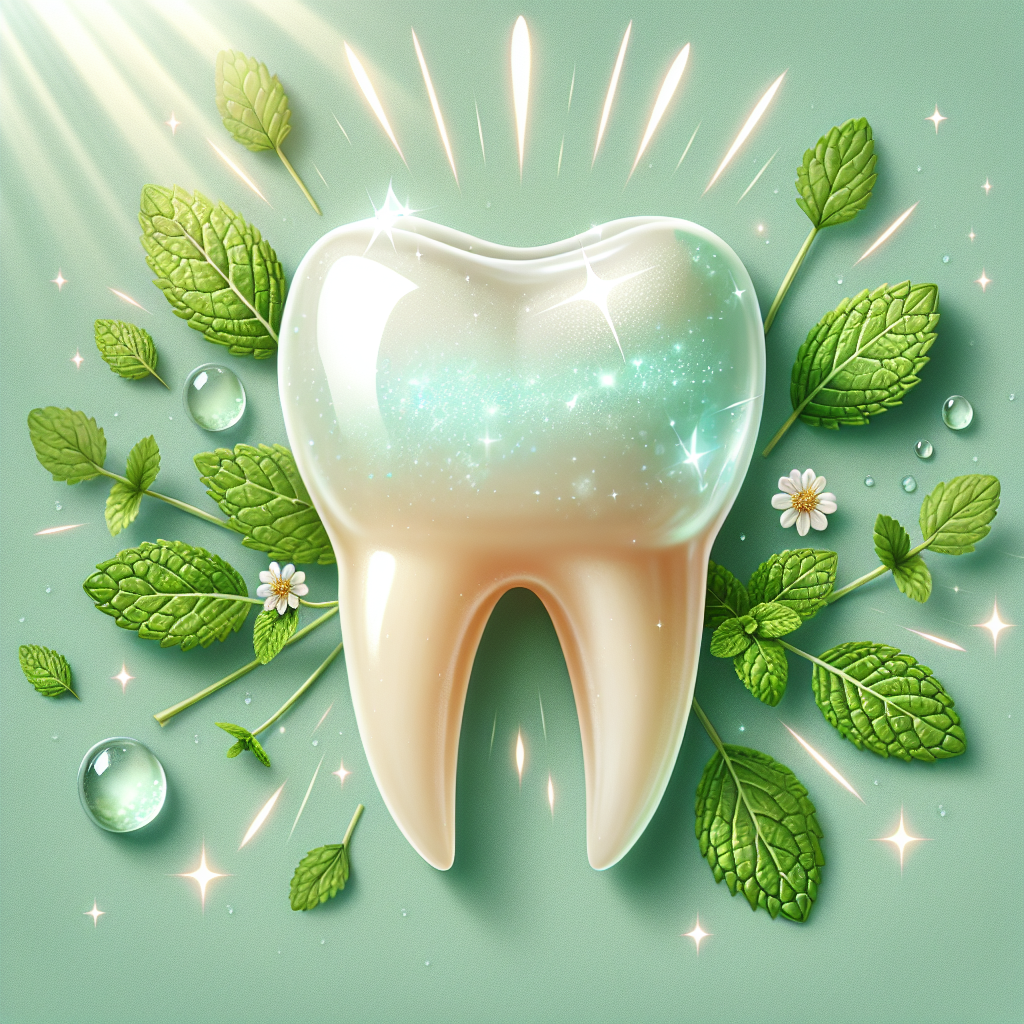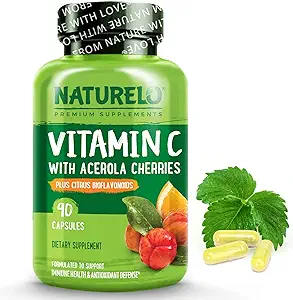With the ongoing global health crisis, fortifying our immune system has become paramount. It is our body’s primary defense against harmful agents, such as viruses and bacteria, and its proper functioning is indispensable. One of the ways we can boost our immunity is by incorporating nutritional supplements into our diets. This proactive approach to maintaining health could be a game-changer for many.
The immune system comprises various cells, tissues, and processes that work together to protect the body from potentially harmful invaders. To function optimally, the immune system requires a range of vitamins and minerals, including vitamin C, vitamin D, zinc, selenium, and iron, among others. However, not everyone obtains these nutrients from their diet in the necessary amounts, hence the need for supplementation.
Vitamin C is well-known for its immune-boosting properties, making it one of the most popular nutritional supplements today. Not only can it enhance the production of white blood cells, which serve as the body’s primary line of defense, but it also aids collagen production essential for maintaining skin health. Moreover, this vitamin acts as an antioxidant, protecting cells from damage caused by free radicals.
Vitamin D is an essential fat-soluble vitamin produced when the skin is exposed to sunlight. People living in areas with less sun exposure, or those who always use sunscreen, may be deficient in this vitamin. Numerous studies have linked low vitamin D levels to a weakened immune system, making supplementation particularly beneficial.
The trace mineral Zinc plays a critical role in supporting immune function. It helps in cell division, the formation of DNA, and the repair of body tissues. Without sufficient zinc, our immune system may be sluggish or operate inefficiently.
Selenium, another essential trace mineral, is required for the proper functioning of the immune system. It is involved in producing and activating certain proteins that help the body ward off viruses, bacteria, and other harmful invaders.
Iron is another nutrient vital for immune system function. It helps transport oxygen in the blood, supports the production of cells, and aids enzymatic processes involved in immune response. Iron deficiency can lead to a weakened immune system and an increased susceptibility to infections.
Ensuring a balanced intake of these vitamins and minerals through nutritional supplements is one way to unlock your immune potential. But remember that supplements are intended to complement a healthy diet and lifestyle, not replace them.
In addition to supplementing these vitamins and minerals, there are other immune-boosting aids, including probiotics and omega-3 fatty acids. Probiotics, the beneficial bacteria found in the gut, plays a significant role in maintaining a healthy immune response. They protect against harmful bacteria, promote the production of natural antibodies, and boost immune cells. Including probiotic supplements in the diet can improve gut health and, by extension, enhance the immune system.
Omega-3 fatty acids, commonly found in fish oil supplements, have proven anti-inflammatory properties. Chronic inflammation can hamper the immune system, making it less effective at warding off infections. By dealing with this underlying issue, Omega-3 can help optimize the immune response.
Lastly, remember, merely incorporating these supplements is not a guaranteed protection against illnesses. It is just one piece of the puzzle in maintaining a well-functioning immune system. Regular exercise, sufficient sleep, stress management, and a well-balanced diet remain critical components of an overall healthy lifestyle.
So, explore the perks of unlocking your immune potential with nutritional supplements, but always discuss it with a healthcare provider first, especially if you have existing medical conditions or are at risk. Keeping all these factors in mind, nutritional supplements can play a pivotal role in ensuring your immune system is healthily equipped to safeguard your body against any intruders.
Discover more from NatureZen Market
Subscribe to get the latest posts sent to your email.











